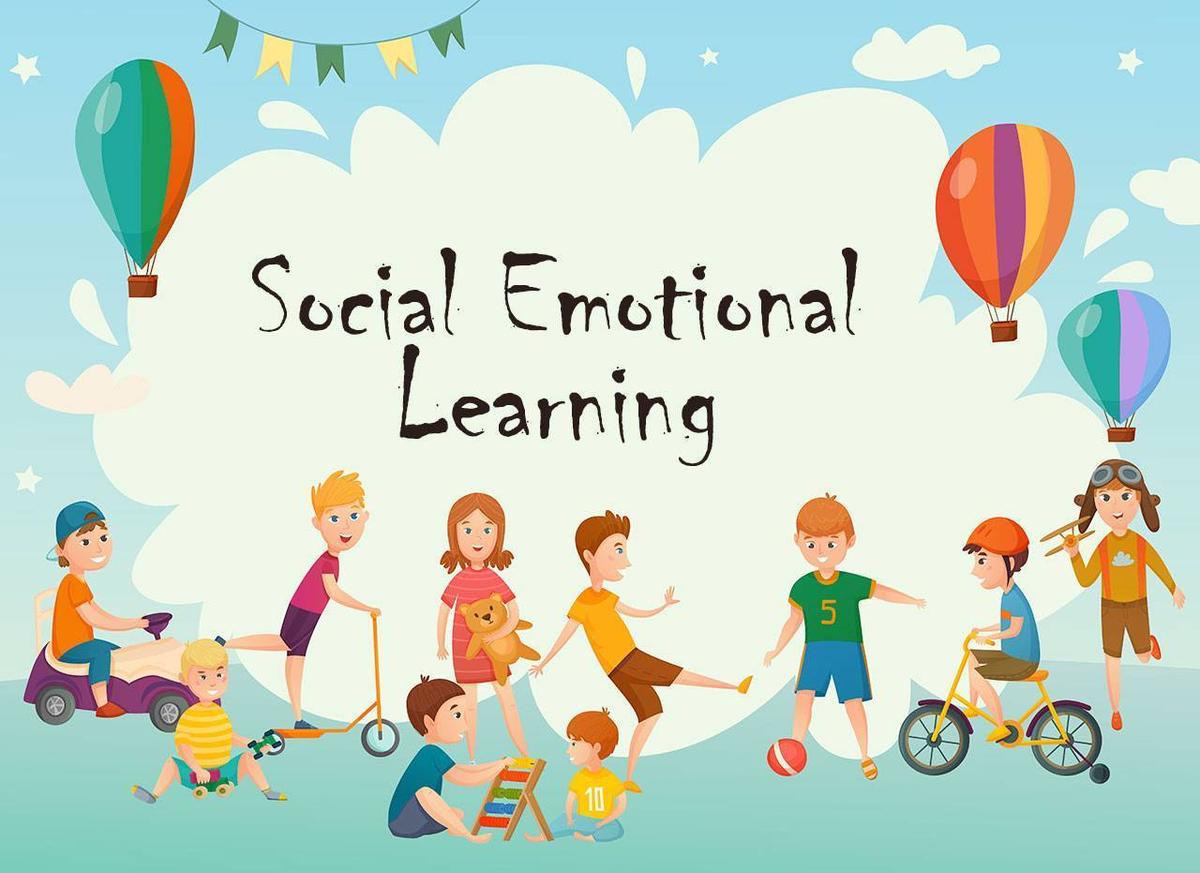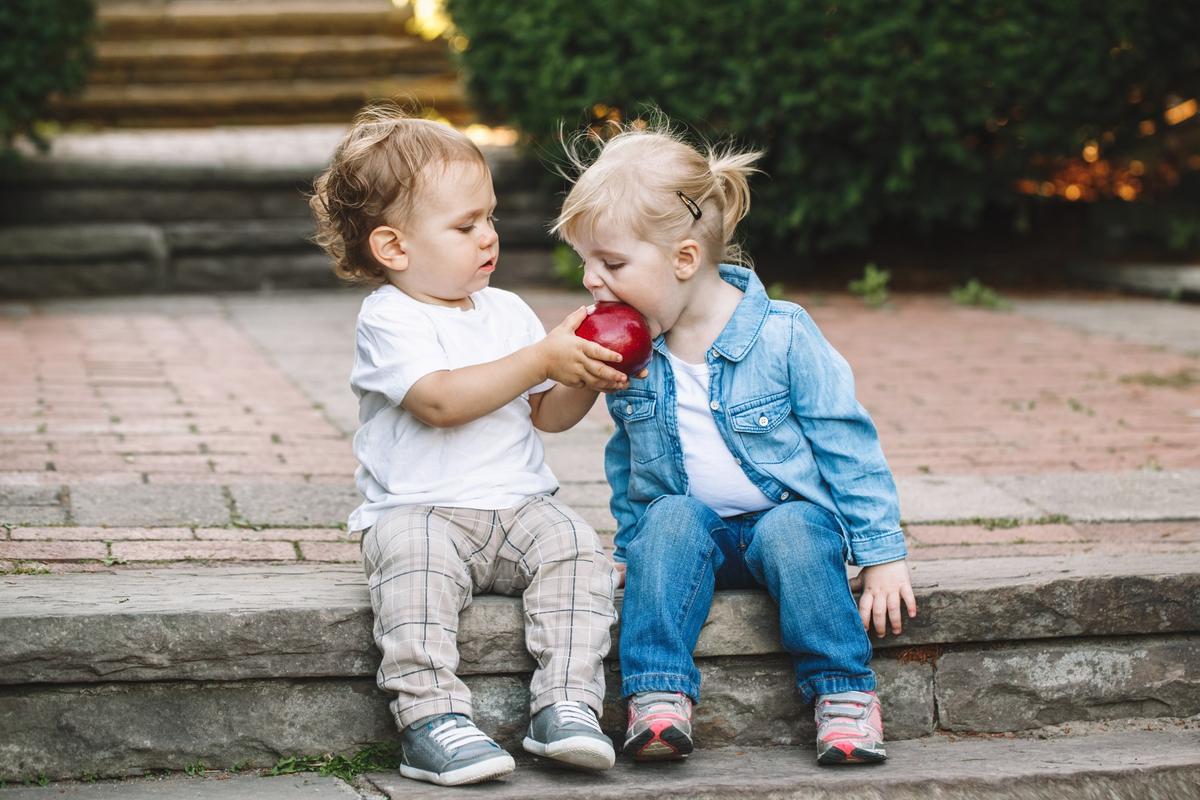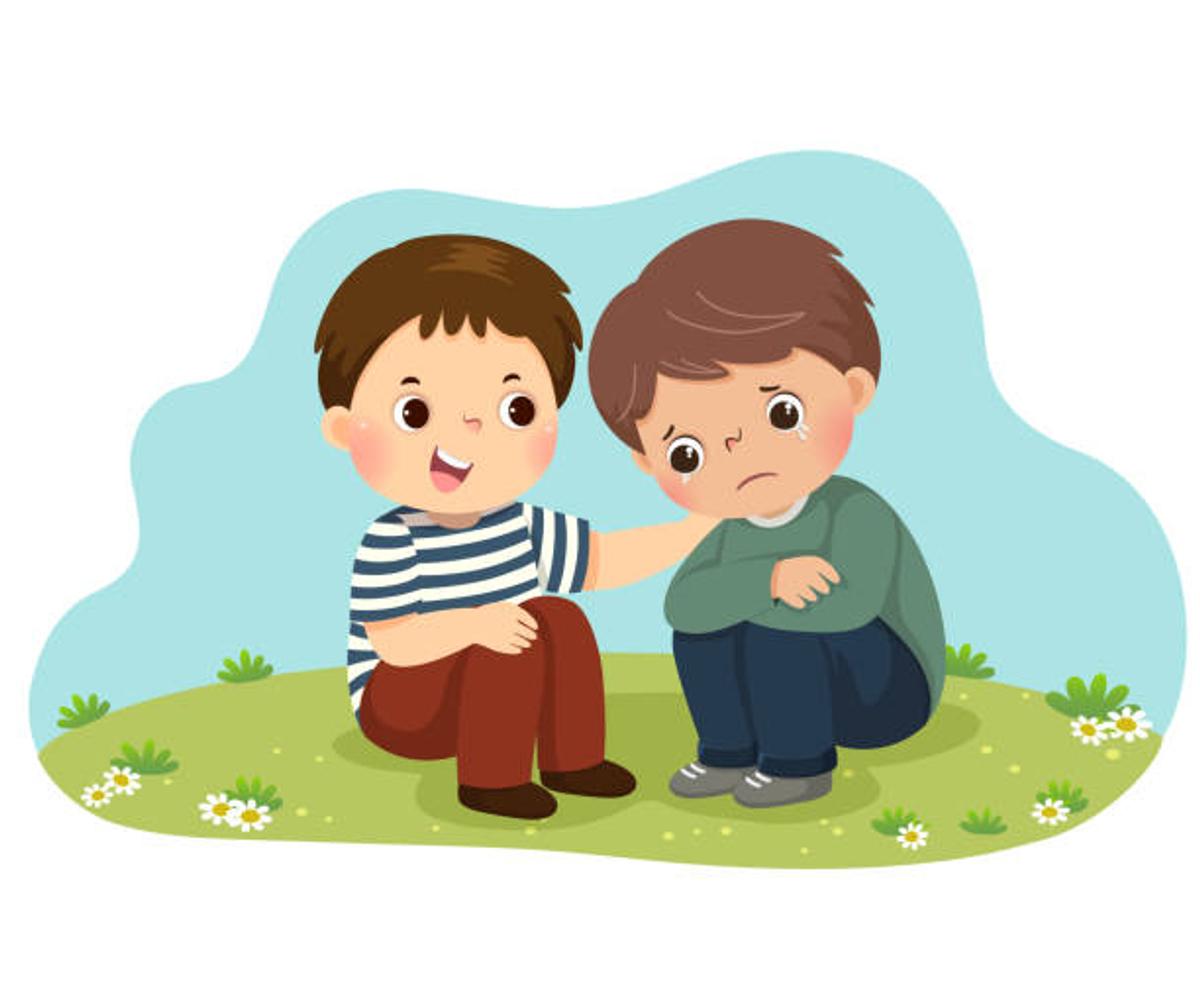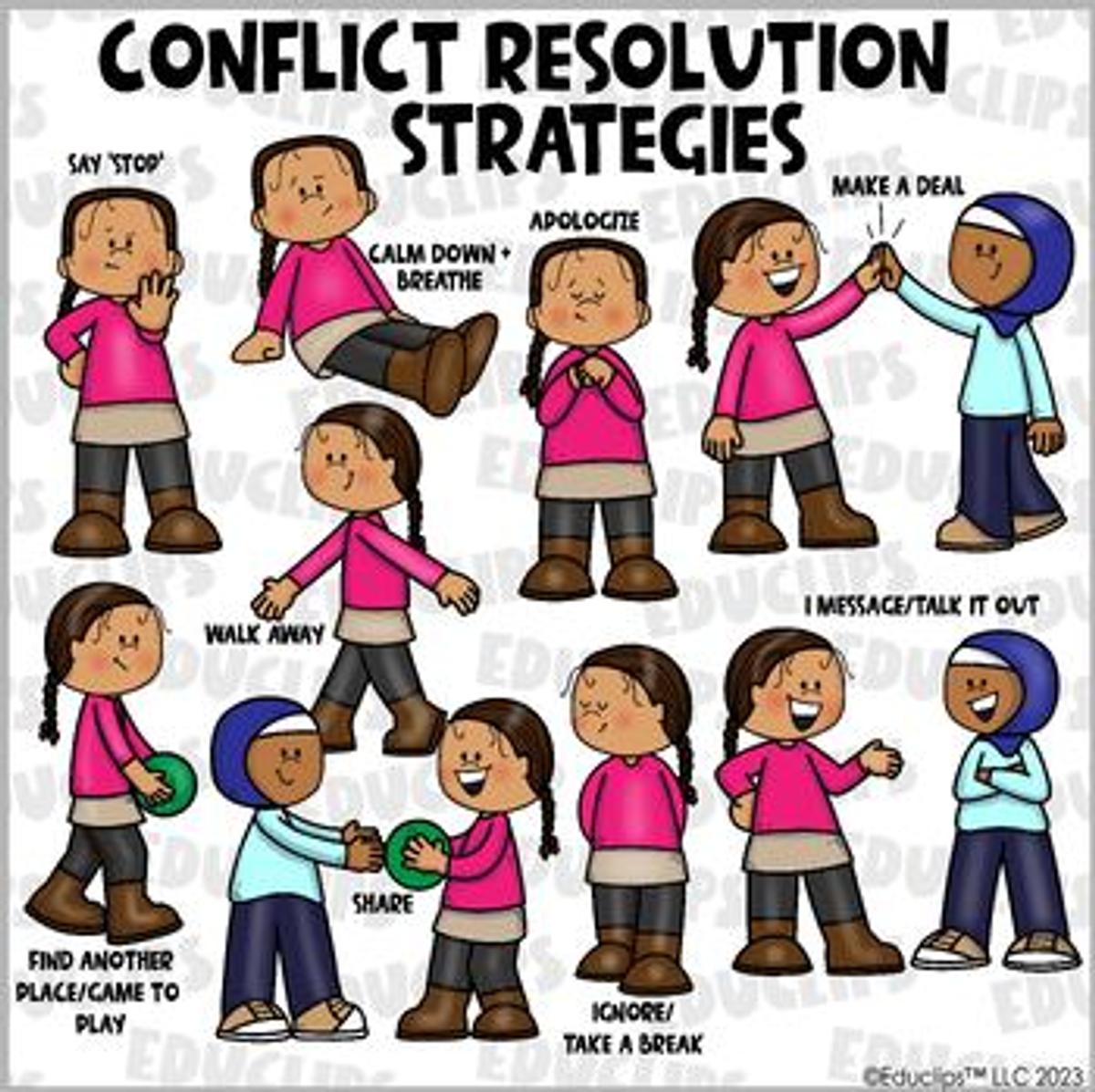Wellbeing

A message from Emily Murcott - Assistant Principal / Wellbeing Literacy Leader
Last newsletter, and for the next few newsletters, I have and will be focusing on social and emotional learning. Parents and families help to develop their children’s personal and social skills, attitudes and behaviours in different ways. Last week I focused on” Role modelling: Children develop their social skills and attitudes by watching and experiencing how other people manage their emotions and relationships”.
This newsletter we are going to focus on the following topic:
Positive reinforcement: Recognising when a child demonstrates positive social, emotional and relationship skills will help instill good habits and behaviours. Using positive reinforcement to acknowledge and encourage desirable behaviours can be very effective in helping children develop good social, emotional, and relationship skills. Here are some examples of how parents can talk to their child about positive reinforcement:
Recognising Positive Social Skills
1. Acknowledging Sharing and Cooperation:
Example: "I noticed how you shared your toys with your friend today. That was very kind of you."
Purpose: Reinforces the value of sharing and cooperation with others.
2. Praising Good Manners:
Example: "You said 'please' and 'thank you' at dinner. I’m proud of you for being so polite."
Purpose: Encourages the use of good manners consistently.
Recognising Positive Emotional Skills
1. Validating Emotional Expression:
Example: "I saw how you told your brother that you were upset instead of yelling. That was a great way to express your feelings."
Purpose: Reinforces healthy ways to express emotions.
2. Commending Self-Control:
Example: "You did a great job staying calm when things didn’t go your way. That shows a lot of self-control."
Purpose: Encourages managing emotions constructively.
Recognising Positive Relationship Skills
1. Encouraging Empathy and Understanding:
Example: "You were really understanding when your friend was sad today. That was very empathetic of you."
Purpose: Reinforces the importance of empathy in relationships.
2. Applauding Conflict Resolution:
Example: "I’m impressed with how you and your sister worked out that argument on your own. You both listened and found a solution together."
Purpose: Encourages effective conflict resolution.
General Positive Reinforcement Strategies
1. Specific Praise: Be specific about what behaviour you are praising.
Example: "I appreciate how you cleaned up your room without being asked. You showed a lot of responsibility."
Purpose: Helps the child understand exactly what behaviour is being recognised.
2. Immediate Feedback: Provide positive reinforcement as soon as the behaviour occurs.
Example: "You did an amazing job helping set the table for dinner just now!"
Purpose: Reinforces the connection between the behaviour and the positive feedback.
3. Encouraging Effort: Praise the effort, not just the outcome.
Example: "You worked really hard on your homework tonight. I’m proud of your effort and dedication."
Purpose: Encourages persistence and a growth mindset.
4. Using Rewards: Offer small rewards for consistent positive behaviours.
Example: "Because you’ve been so helpful around the house this week, let’s do something fun this weekend, like going to the park."
Purpose: Provides motivation for maintaining good behaviours.
5. Creating a Positive Environment: Foster a home environment where positive behaviours are regularly recognised and celebrated.
Example: "I love how everyone is helping each other out today. Let’s keep up this team spirit!"
Purpose: Builds a culture of positivity and mutual support within the family.
6. Positive Reinforcement Through Routines: Incorporate regular praise into daily routines.
Example: "Before bedtime each night, let’s talk about something kind or helpful you did today."
Purpose: Reinforces positive behaviours and creates a habit of reflection and gratitude.
By consistently recognising and reinforcing positive social, emotional, and relationship skills, parents can help their children develop and maintain good habits and behaviours.





